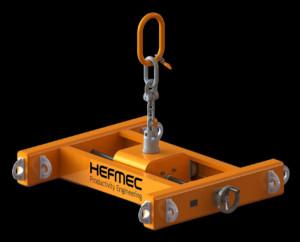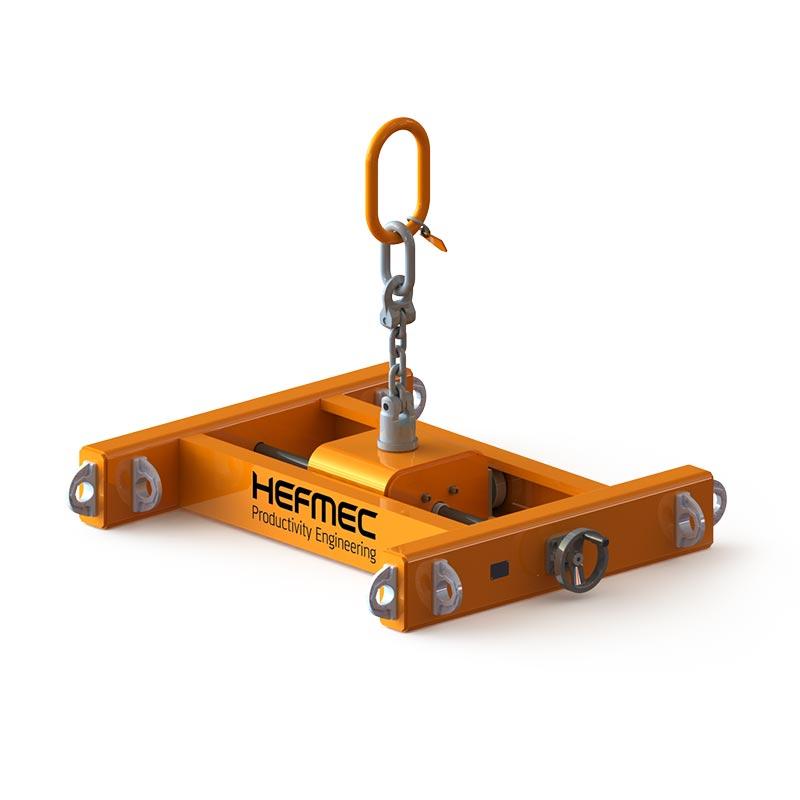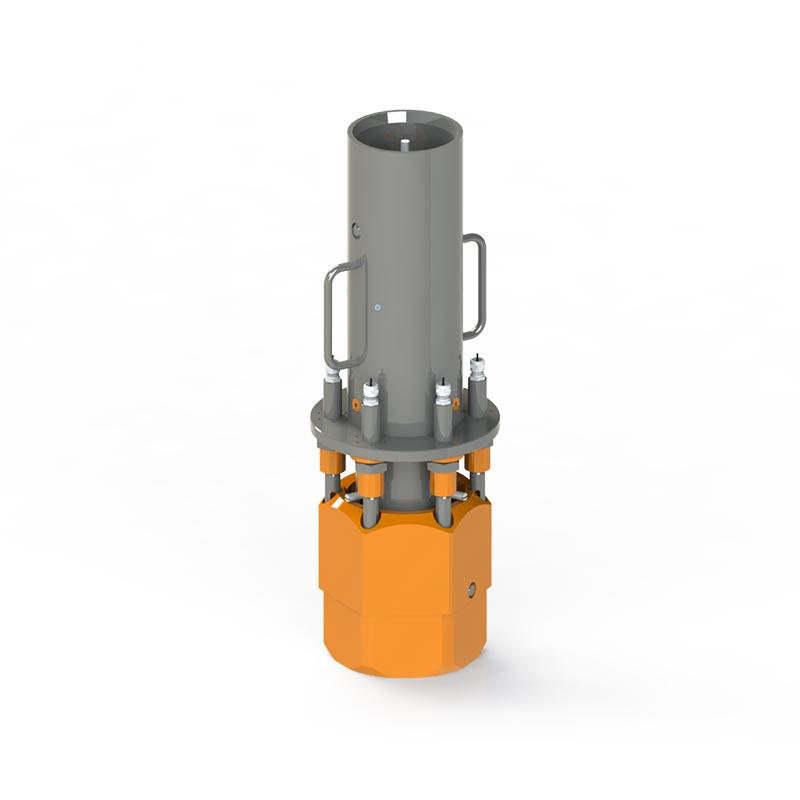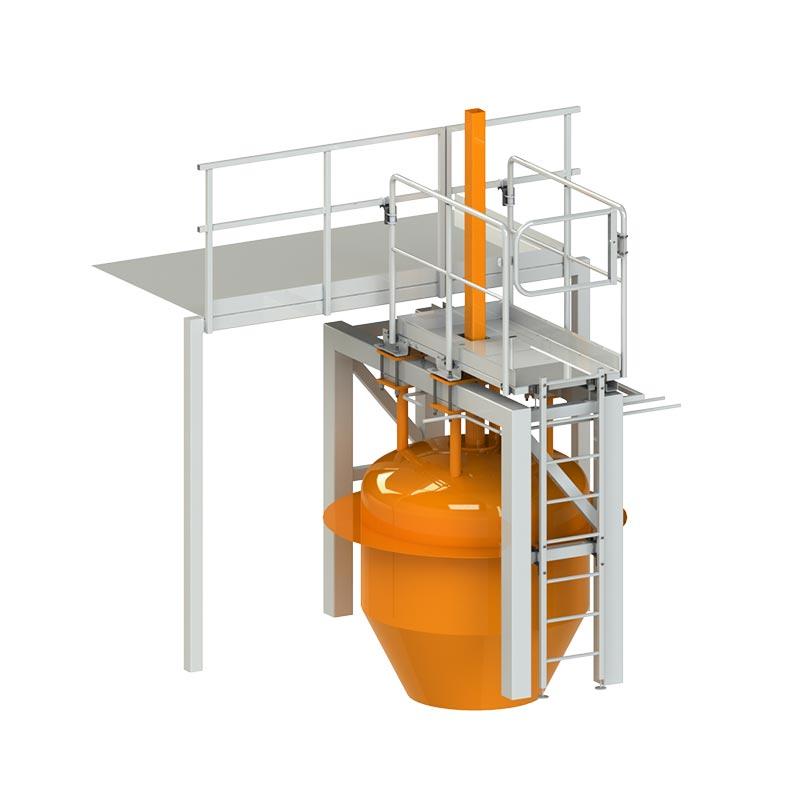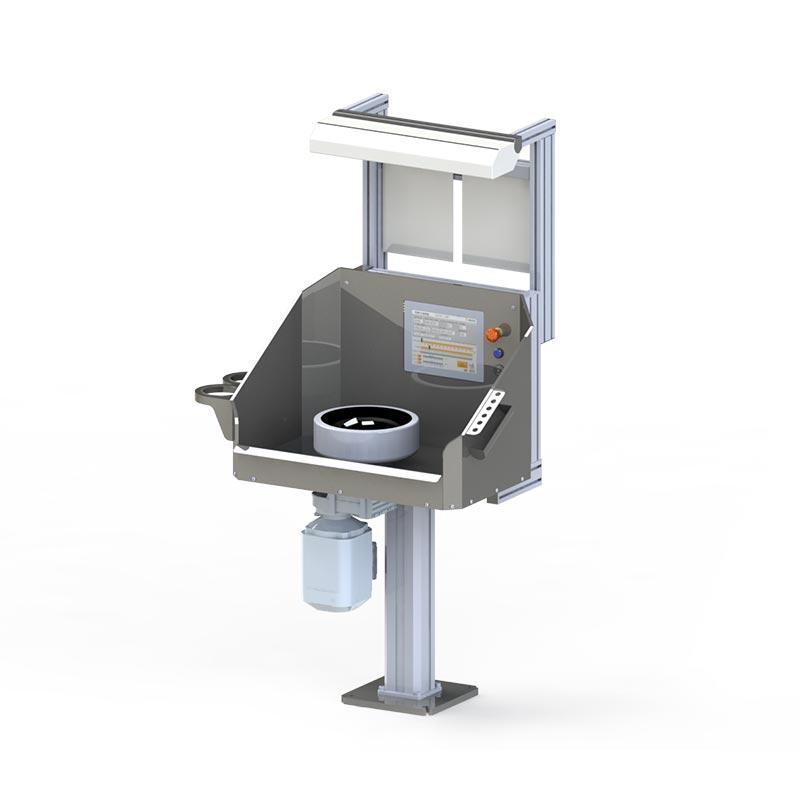In demanding industrial environments, the selection of the right maintenance equipment is critical for both equipment reliability and occupational safety. In extreme conditions, ordinary tools will not last and special reinforced, carefully selected materials and carefully designed solutions are required. Hefmec offers special tools designed to withstand corrosion, heat, cold and other challenging industrial conditions.
Which maintenance tools are best suited to particularly demanding environments?
In demanding environments, maintenance tools are exposed to a wide range of stresses. Corrosion, extreme temperatures, vibration and chemicals pose significant challenges to the durability of tools. The special tools developed by Hefmec are designed for these conditions using high quality materials such as stainless steel, special alloys and composite structures.
The choice of tools must take into account the specific characteristics of the environment in which they will be used. For example, in saltwater environments in the marine industry or in chemical tanks, corrosion resistance is of paramount importance. In power plants and process industries, heat resistance is more important. In potentially explosive atmospheres, non-sparking is an absolute requirement.
Hefmec’s design process always takes into account the requirements of the operating environment as well as the geometry of the part and any special requirements. We have completed over 1000 tool projects in collaboration with users, ensuring that we understand how to make tools safe and work smoothly, even in challenging conditions.
How does corrosion affect tool selection in industrial environments?
Corrosion is one of the main factors affecting the durability of tools in industrial environments. It can weaken the structure of tools, affect their performance and significantly reduce their lifetime. The effects of corrosion are particularly pronounced in the chemical, food processing and marine industries.
Hefmec’s corrosion-resistant tools use advanced alloys and coatings. We use stainless steel, Hastelloy and Inconel special alloys as well as special coatings such as PTFE and ceramic coatings. These material choices allow tools to be used in aggressive environments without corrosion weakening their structures.
For example, in our container service racks, we use materials that are resistant to both chemicals and the variations of the external environment. The design takes into account both direct exposure to chemicals and environmental humidity and temperature fluctuations that can accelerate corrosion.
What special tools are needed to work at high temperatures?
High temperatures pose particular challenges to tools, as they can weaken alloys, cause deformation and affect the mechanical properties of tools. In the process industries, metallurgy and power generation, temperatures can reach hundreds of degrees Celsius.
Hefmec heat-resistant tools are made of heat-resistant special metal alloys such as chrome molybdenum and nickel alloys. Insulation technologies, such as ceramic insulations and heat-reflective coatings, allow the tools to work at temperatures up to 500°C.
For example, we offer special handling trolleys designed for handling hot shafts and machine parts. In these tools, heat resistance is taken into account in all components, from handles to fastening systems. Machining trolleys can also be designed to act as a workstation for the next stage of the production process, making the production process more efficient and reducing the risk of damage to parts.
How to ensure the safety of tools in potentially explosive atmospheres?
Potentially explosive atmospheres (ATEX environments) require particular care in tool selection. In these environments, even a small spark can cause a serious hazard. The oil and gas industry, the chemical industry and dusty environments such as woodworking require ATEX approved tools.
Hefmec’s ATEX-approved tools are made from non-sparking materials such as beryllium-copper and aluminium-bronze alloys. In addition, the tool structures are designed to prevent static electricity build-up and earthing is taken into account in all components.
Safety certifications are essential for ATEX tools. All Hefmec tools for ATEX environments are duly certified and meet the stringent European safety standards. Our special tools designed for potentially explosive atmospheres are used, for example, for valve maintenance, pipeline repairs and dismantling equipment without compromising safety.
Why is predictive maintenance important in demanding industrial environments?
Predictive maintenance is particularly important in demanding industrial environments, as it reduces costly production downtime, extends equipment life and improves occupational safety. In extreme conditions, equipment is subjected to greater stress than usual, which underlines the importance of regular maintenance.
Hefmec’s predictive maintenance services include customised maintenance plans, condition monitoring and specialised tools to enable efficient maintenance operations. In our experience, properly implemented predictive maintenance can reduce maintenance costs by up to 30% compared to corrective maintenance.
We work with our customers to design maintenance tools and processes that are appropriate to their environment and take into account the specific challenges of the environment. For example, our spherical turntables are part of our solution to speed up and facilitate maintenance operations. These tools are always designed taking into account the geometry of the workpiece and any special requirements, such as sensitive or vulnerable surfaces.


